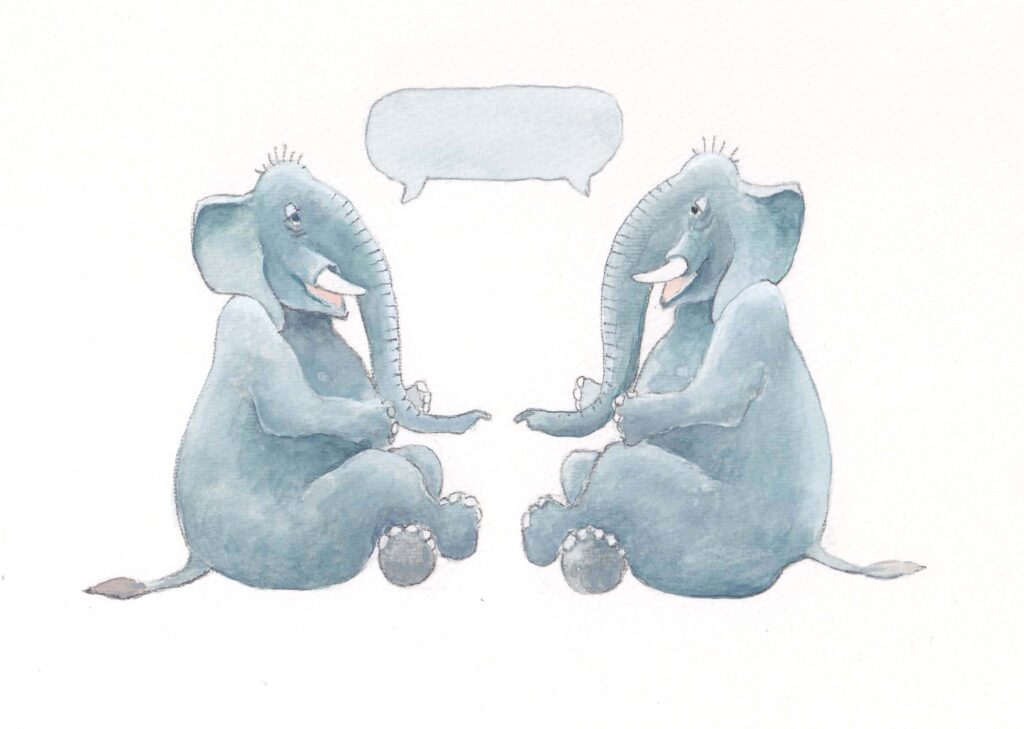“Forgiving is like releasing a prisoner and discovering that you yourself were that prisoner” (unknown source).
Forgiveness
Forgiveness means being open to forgiveness. As human beings, we all sometimes find it difficult to understand and accept things that have gone wrong – at the hands of ourselves or others. We may then linger in reproach, resentment or bitterness, and we usually do not become happier as a result. All religions and wisdom traditions recognise the value of forgiveness. Contemporary scientific research also confirms that forgiveness is a golden path to health and well-being.
The process of forgiveness does not always prove to be easy; it can sometimes take a lot of time, patience, courage and willingness. However, the willingness to forgive or reconcile does appear to contribute clearly to inner peace and harmony – at the individual level, in groups and communities and with regard to the world around us. We can practise forgiveness in three different ways: toward ourselves, in the form of asking for forgiveness or in forgiving others. All three of these ‘flows’ or possibilities can be seen as beneficial intentions ‘to repair what’s broken’ as the English rock band Coldplay puts it.
Forgiving yourself
As human beings, we all make mistakes or errors from time to time. We do stupid things and – in hindsight – don’t always make helpful decisions. We by no means oversee everything in our lives and sometimes get caught up in unhelpful habit patterns. We can then easily cultivate an inner harshness (toward ourselves) and we do not become happier as a result. Being forgiving toward yourself does not mean that you should suddenly condone something stupid, but it brings compassion towards the imperfect person behind the unhelpful behavior.
Asking for forgiveness
We also sometimes make mistakes or errors in which we harm others or feel we have not treated others rightly. In that case, we can ask for forgiveness (or say “Sorry” in simpler language). Whether the person in question is actually forgiving us is of less importance here. In any case, it is already valuable to open ourselves to reconciliation with someone who may have been hurt by our actions. In addition, acknowledging that we have acted incorrectly can allow us to move forward with renewed courage and with more wisdom and compassion.
Forgiving others
A third possibility for forgiveness is in regard to pain or suffering inflicted on us – consciously or unconsciously – by someone else. Sometimes it is then possible to repair or renew the relationship, and sometimes it may be wise and compassionate to let go of the relationship further but without resentment.

